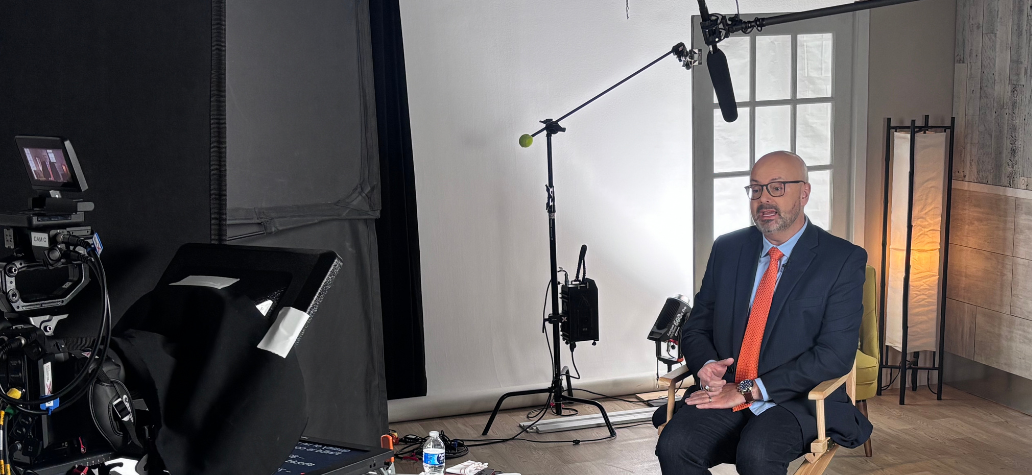School-based curriculum has been a successful entry point for widely introducing important financial education concepts, but access to this curriculum has not been available to many important demographics. Organizations who aim to advance financial well-being to these demographics should consider other timely opportunities for education and intervention that will engage these audiences in a meaningful way.
An interesting example comes from a pilot study led by UCLA researchers exploring the effectiveness of delivering financial coaching in conjunction with healthcare appointments, specifically for families with low income attending preventive care visits and vaccination appointments in infants’ first six months of life. Financial coaches with backgrounds in social work were embedded at the Harbor-UCLA pediatric primary care clinic so that parents could receive financial coaching in exam rooms during well-child visits. The coaches were equipped to help parents identify their financial goals, plan action steps, and ultimately create greater financial stability by connecting parents to public benefits and cost-saving services. A full synopsis of the study has been published in the official journal of the American Academy of Pediatrics.
The conclusions of this study found that families with financial coaches came to more of their babies’ preventive care visits and missed fewer vaccinations in the first six months. The study illuminates a link between increasing financial knowledge and skill with the ability to better understand and navigate the healthcare system. This intersection implies the presence of financial well-being as a key factor in overall well-being, a connection that is supported by NEFE’s Personal Finance Ecosystem.
Financial education access was a primary theme during our Financial Education Innovation & Impact Summit in 2022. A series of panel discussions explored topics including what research says about access gaps, how public-private partnerships can help expand access and the role technology plays.
In our research and thought leadership, NEFE is exploring how financial knowledge and skill support well-being more broadly. This research from UCLA makes a case for those in the financial education field to build relationships with industries like healthcare or medicine to better advance the vision of a nation where everyone has the knowledge, confidence and opportunity to live their best financial life.


